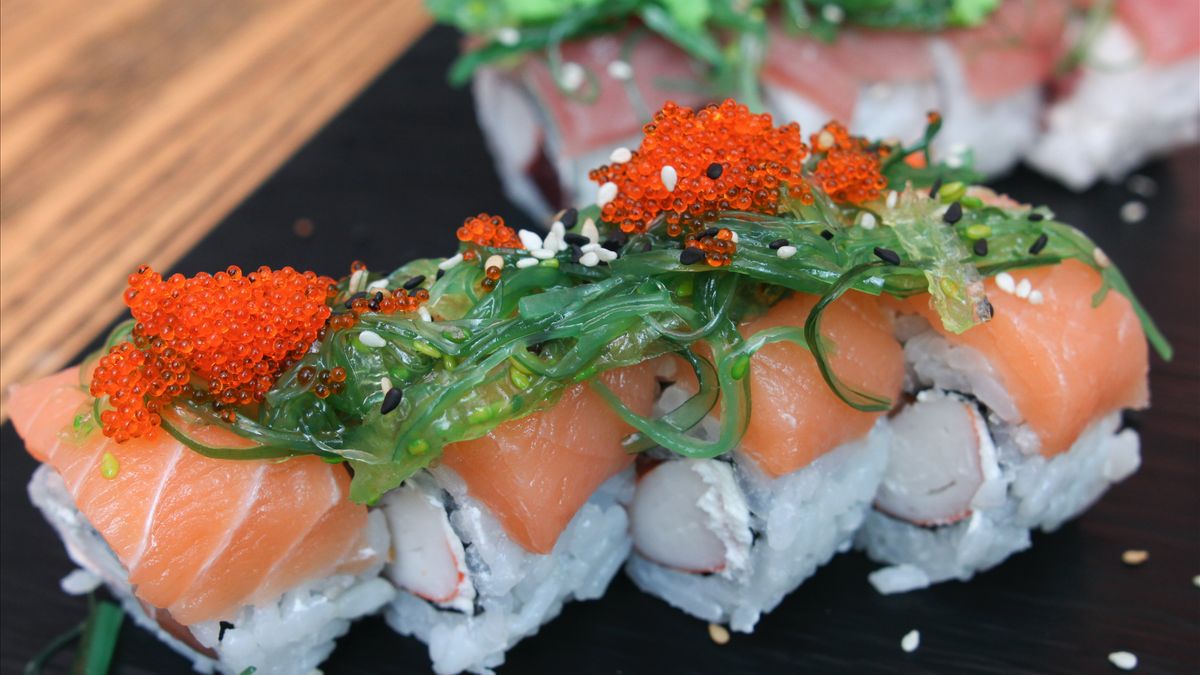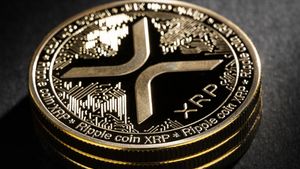YOGYAKARTA - Most cultures around the world have certain traditions in preparing fish. The same is the case with Japan. Over the centuries of raw fish have been a meaningful part of their meal. That's one of the reasons Japanese people like to eat raw fish.
Many raw fish are served in typical Japanese dishes, fromfocus to chassimi. Usually raw fish are eaten by the method of being dip into salted sauce or eaten with washabi.
Raw fish are already a valuable part of Japanese cuisine because the 3 main causes, according to several sources:
1. Health benefits: raw fish are very healthy, avoiding the loss of healthy omega-3 fatty acids that last throughout cooking.
2. Geographical location: Japan is an archipelagic country, with a long history of freshwater and sea fishing.
3. Religious influences: Buddhists and Shinto which are widely spread in Japan prohibit eating meat, so fish become a valuable source of protein food.
History Of Eating raw fish In Japan
For Japan Yugen, washoku is a term for traditional Japanese cuisine made from raw fish. In December 2013, washoku was included in the records of UNESCO's Intangible Cultural Heritage. In Washington culture, Japanese chefs prepare raw fish and companion meal options to produce various kinds of dishes.
This is a tradition that has existed since the Jomon era, approximately 4 or 5 thousand years ago. Since then, fish that have been caught locally in Japanese coastal waters have been sold in many fresh fish markets in the country and processed traditional styles.
Sakura is also a witness to the entry of Buddhism in the 7th and 8th centuries which prohibits consuming animal meat. For this religion, killing animals is an incorrect act, so almost all Japanese people have stopped consuming meat in the 10th century.
Throughout the 7th and 8th centuries, the spread of Buddhism throughout Japan led to a gradual reduction in the amount of meat eaten by Japanese people, and almost the entire population adopted pescetarianism around the 10th century.
SEE ALSO:
Staying away from meat is not a completely new idea in Japan. Especially when before the founding of Buddhism, a adherent of the country's native religion, Shintoism, no longer consumed animal meat because it considered it unclean.
They started consuming fish that had just been caught from the sea in the Edo Era (1603-1868). Raw fish cuisine also continues to grow gradually.
In modern Japan, eating red meat is more widely accepted, but the tradition is always there, and raw fish are still a valuable part of national meals.
So after knowing why Japanese people like to eat raw fish, see other interesting news on VOI, it's time to revolutionize news!
The English, Chinese, Japanese, Arabic, and French versions are automatically generated by the AI. So there may still be inaccuracies in translating, please always see Indonesian as our main language. (system supported by DigitalSiber.id)
















